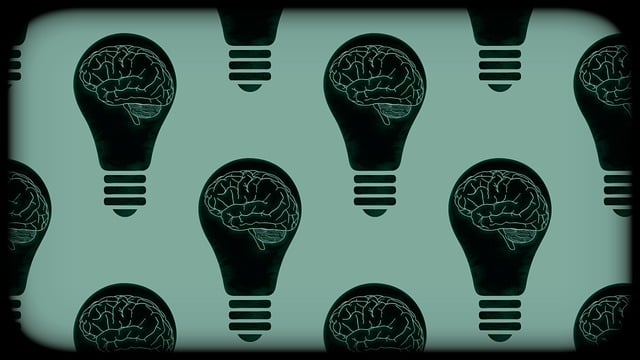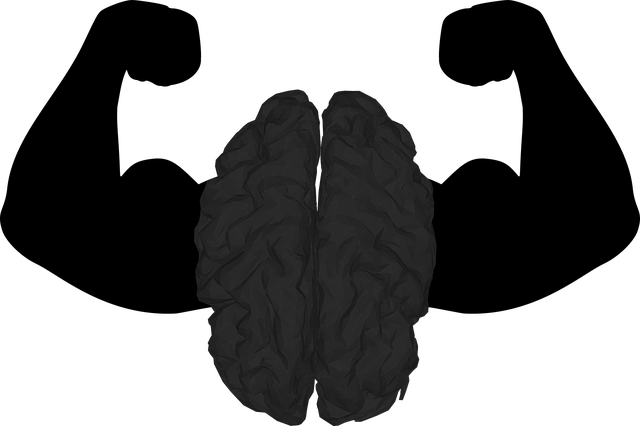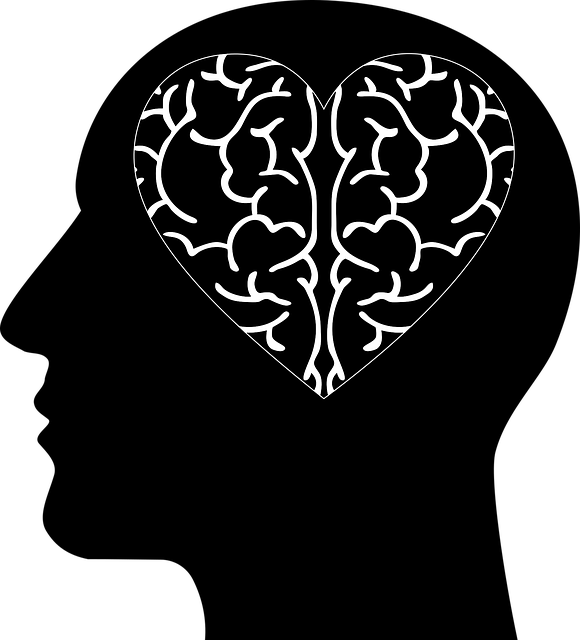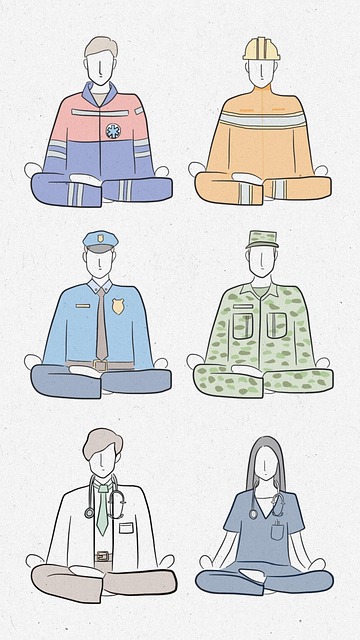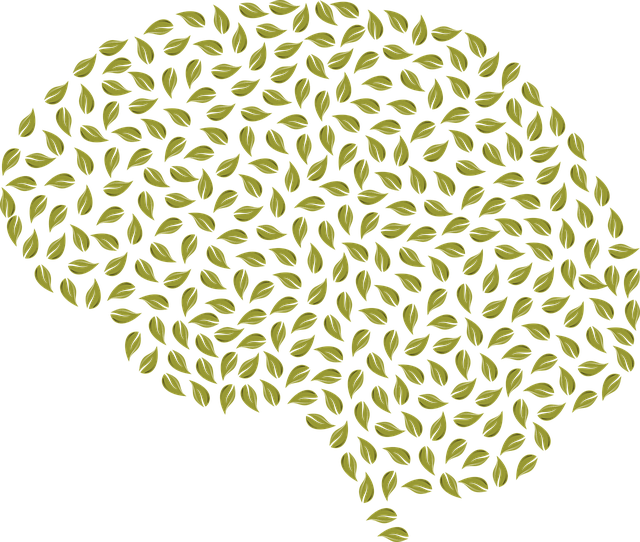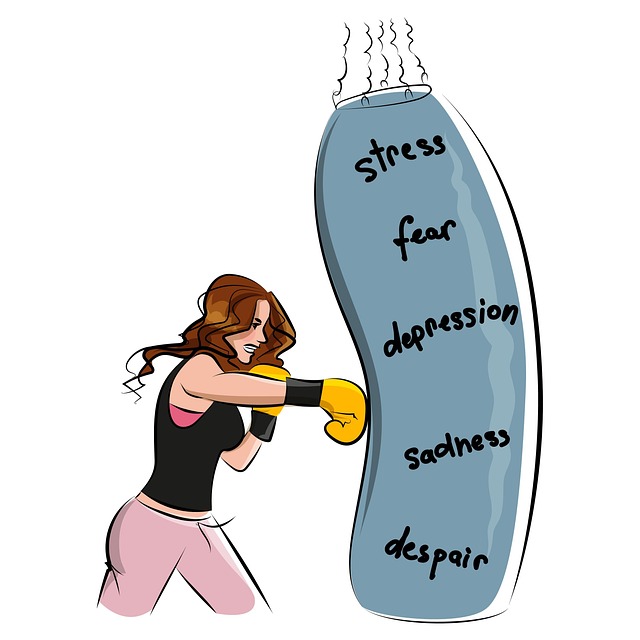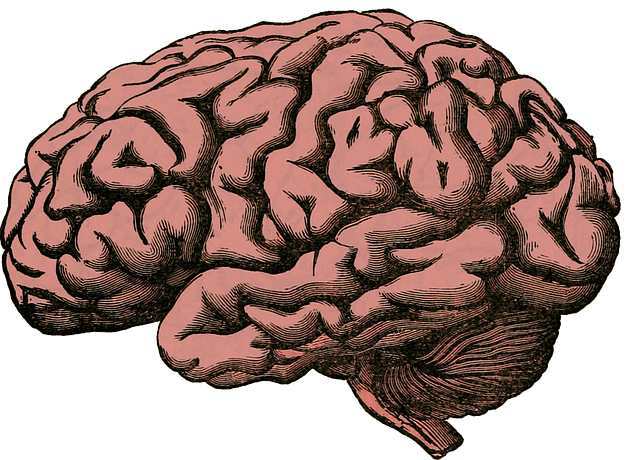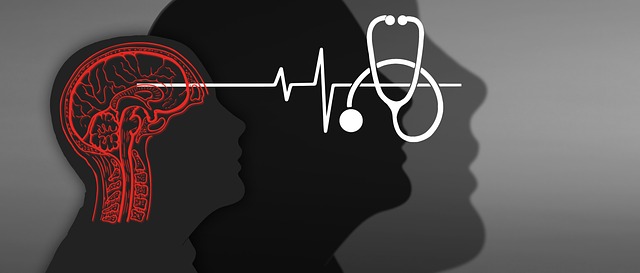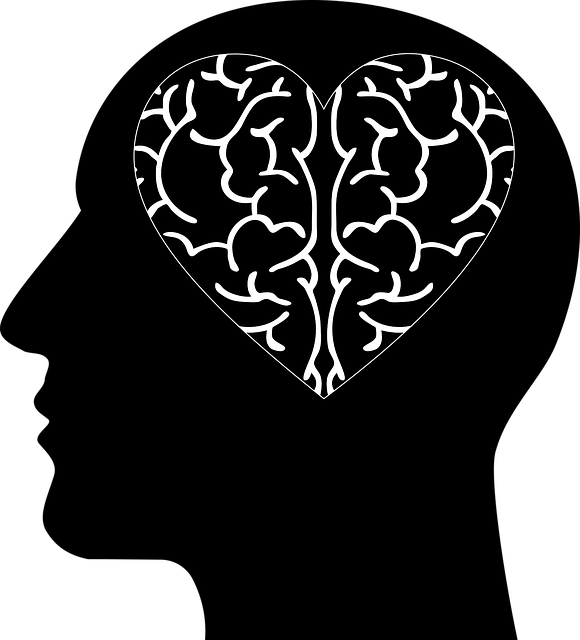Parker EMDR Therapy introduces a group facilitation method for resolving trauma and promoting mental wellness using Eye Movement Desensitization and Reprocessing (EMDR) techniques. Facilitators guide participants through bilateral stimulation to process traumatic memories, reducing their impact. This group setting encourages self-reflection, enhances coping strategies like self-care, and improves social skills. A safe, supportive environment with active listening, respect, and trust fosters open communication for emotional healing. Parker EMDR Therapy facilitates structured exploration of traumatic memories in a non-judgmental setting, encouraging emotional expression, peer support, and resilience building through group discussions and activities. Effective session management by facilitators ensures productive mental wellness environments, promoting social skills training and emotional intelligence development.
Mental wellness group facilitation offers powerful tools for healing and growth. This article explores an innovative approach, Parker EMDR Therapy, a group facilitation method that combines eye movement desensitization and reprocessing. We’ll delve into creating safe spaces, facilitating emotional processing, and mastering session management techniques. By understanding these strategies, facilitators can enhance participants’ journeys towards mental wellness through the collective power of shared experiences in groups.
- Understanding Parker EMDR Therapy: A Group Facilitation Approach
- Creating a Safe and Supportive Group Environment
- Facilitating Emotional Processing and Healing in Groups
- Practical Techniques for Effective Group Session Management
Understanding Parker EMDR Therapy: A Group Facilitation Approach

Parker EMDR Therapy offers a unique and powerful approach to group facilitation, focusing on resolving traumatic experiences and promoting mental wellness. This therapeutic method is based on Eye Movement Desensitization and Reprocessing (EMDR), which has been recognized as an effective treatment for post-traumatic stress disorder (PTSD). In a group setting, facilitators guide participants through a structured process that involves bilateral stimulation, such as side-to-side eye movements or taps. This technique aids in processing traumatic memories and reducing their intensity, allowing individuals to heal and move forward.
By incorporating Parker EMDR Therapy, group facilitators can foster an environment where members support each other in sharing their experiences and working through internal conflicts. The process encourages self-reflection and the development of effective coping strategies, including enhanced self-care practices and improved social skills training. This holistic approach not only addresses the symptoms of mental health issues but also equips individuals with tools to manage and resolve internal conflicts, fostering overall resilience and well-being within the group dynamic.
Creating a Safe and Supportive Group Environment

Creating a safe and supportive group environment is paramount for effective mental wellness coaching. Techniques like those employed in Parker EMDR Therapy play a pivotal role in fostering an atmosphere where participants feel secure to explore their emotions and share their experiences. Group members should be encouraged to listen actively, respect each other’s perspectives, and embrace diversity, ensuring everyone feels heard and understood. This foundation of trust and empathy facilitates open communication, allowing individuals to process traumas or challenges more effectively.
Mental wellness group facilitation also involves promoting emotional intelligence, where facilitators help members recognize and manage their emotions. By integrating activities that encourage self-awareness, empathy, and problem-solving skills, these groups empower participants with tools to navigate mental health issues collaboratively. Such supportive environments are key to the development of robust mental wellness coaching programs, enhancing participants’ ability to overcome personal hurdles and lead more fulfilling lives.
Facilitating Emotional Processing and Healing in Groups

In group settings, facilitating emotional processing and healing is a delicate yet powerful aspect of mental wellness support. Techniques such as Parker EMDR Therapy offer a structured framework for individuals to explore and process traumatic memories or distressing emotions. This approach encourages participants to share their experiences in a safe and non-judgmental environment, fostering a sense of community and understanding. By integrating communication strategies and coping skills development, facilitators can help members build confidence in expressing themselves and managing their emotional responses effectively.
Group facilitation plays a pivotal role in enhancing individuals’ ability to process and heal from difficult experiences. Through interactive activities and guided discussions, participants learn valuable tools for emotional regulation, problem-solving, and building resilience. The group dynamic also facilitates peer support, where members can offer validation, encouragement, and shared strategies, thereby enriching the overall therapeutic experience and promoting a sense of belonging.
Practical Techniques for Effective Group Session Management

Effective group session management is key to fostering a safe and productive environment for mental wellness discussions. Facilitators can utilize various techniques to keep the conversation flowing, such as employing active listening skills to encourage every member’s participation. This involves reflecting on speakers’ thoughts, asking clarifying questions, and summarizing key points to ensure understanding and foster emotional validation.
Additionally, incorporating structured activities like role-playing exercises or group discussions centered around specific topics can enhance engagement. These interactive elements not only promote social skills training but also provide avenues for practicing communication strategies and cultivating emotional intelligence. For instance, techniques derived from EMDR (Eye Movement Desensitization and Reprocessing) therapy can be integrated to help members process traumatic memories or challenging emotions collectively, creating a unique and dynamic learning experience that benefits everyone involved.
Parker EMDR Therapy, as a group facilitation technique, offers a powerful approach to enhancing mental wellness. By creating safe and supportive environments, facilitators can guide members through emotional processing and healing. This article has explored key strategies, from understanding the fundamentals of Parker EMDR to practical techniques for effective session management. Implementing these practices ensures group sessions are not only productive but also foster profound personal growth and transformation.
